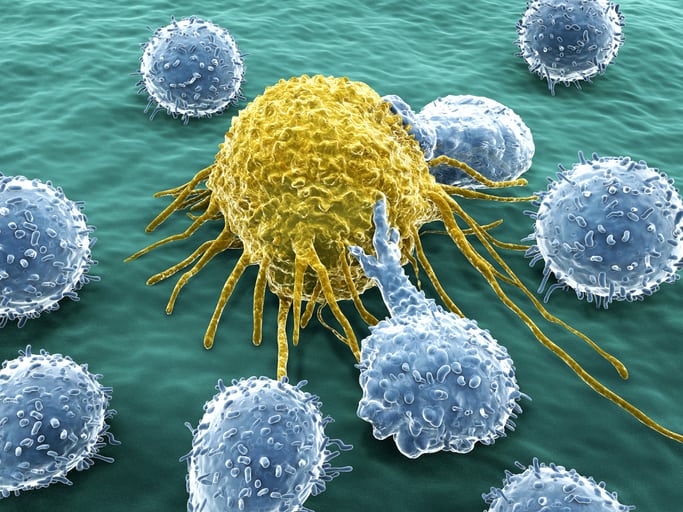The feasibility assessments used by biotechnology and pharmaceutical are costly, inefficient, unnecessarily burdensome, and resource-intensive. These are methods that lead to the delay by acting as the barrier to site participation and ultimately reduce timely patient access to clinical trials and novel treatments.
Several initiatives have been taken to improve clinical trial activation processes by establishing, standardizing, and harmonizing the clinical trial site and investigator qualification review process conducted by trial sponsors and CROs.
ASCO Task Force was created to assess the burdens and challenges with FAs to develop recommendations to improve efficiencies and effectiveness. The Task Force used the feedback to formulate informed recommendations to improve FAs for oncology clinical trials.
A very conservative estimate of FA costs for the 103 sites is more than $1 million annually which is an estimate cost based on one $45 per hour research coordinator wage.
Immediate actions from biotech-pharma sponsors and CROs will substantially reduce FA burdens and challenges. The practices include accepting a brief standardized site capabilities document, minimizing the need for in-person site visits, providing sufficient information about the protocol for trial sites to provide information, and providing a single point of contact about the protocol and investigational therapy.
Designed and applied effectively, all stakeholders are sure to benefit from the centralized clinical trial portal, including clinical trial sites, research networks, trial sponsors, and CROs.


